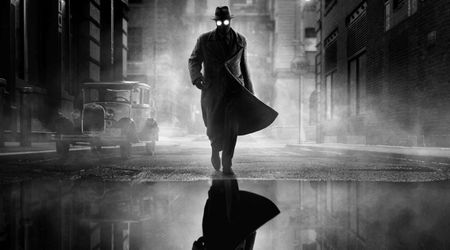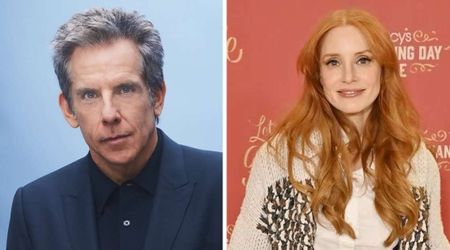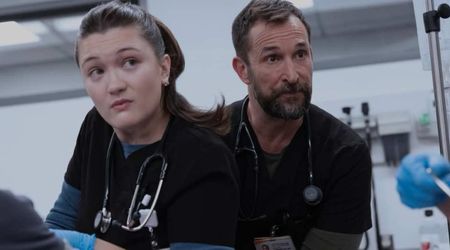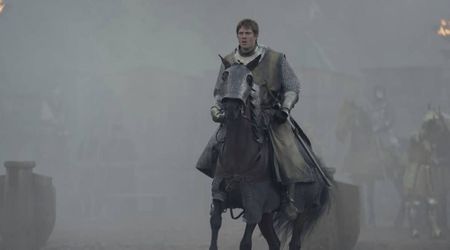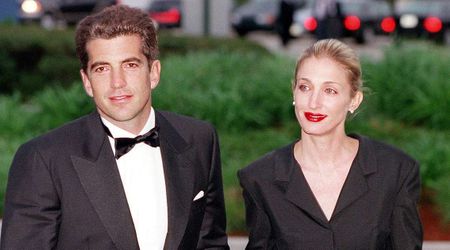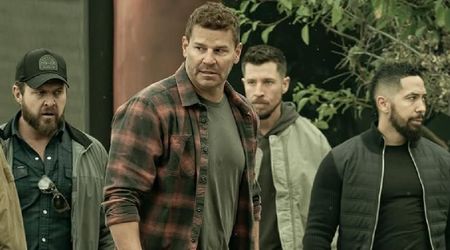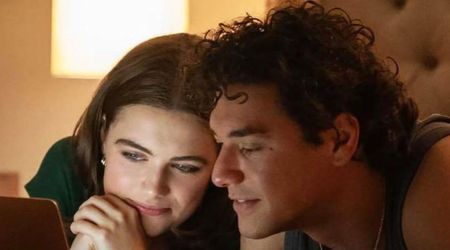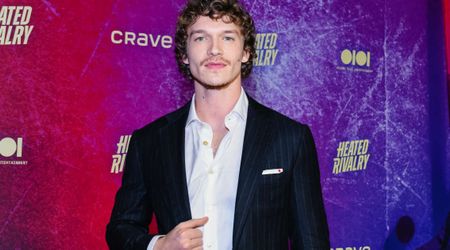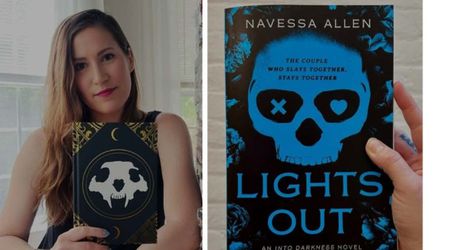'Bob Hearts Abishola' Season 2: Does Chuck Lorre care about representation or is it an excuse for racist jokes?

During television's 2019 fall season, CBS had a handful of new shows in its lineup, including 'Bob Hearts Abishola' and 'All Rise', in an effort to make its scheduling more diverse. While 'All Rise' is quite serious about the kind of representation it wants to include in its plots, Chuck Lorre's 'Bob Hearts Abishola' fails in many ways. Chuck Lorre developed the story and said he wanted to tell the stories of immigrants and how "immigrants make America great".
However, over the first season, though one of the showrunners included Gina Yashere -- a British comedian of Nigerian descent -- it became clear that Lorre's attempt at aiming for better representation may have been half-hearted at best. The first few episodes angered the American Descendants of Slaves (ADOS) over dialogues exchanged between Black Americans and the Black immigrant characters on the show. And while it seems that 'Bob Hearts Abishola' has cooled off in that aspect, the sitcom's racist undertones continue -- although, most times, the racism is quite overt.
For instance, when Bob Wheeler (Billy Gardell) plans to propose to Abishola Adebambo (Folake Olowofoyeku), he takes along Abishola's Uncle Tunde (Barry Shabaka Henley) who ends up bargaining heavily on Bob's behalf -- reinforcing an oft-propagated stereotype that immigrants resort to it every time they go shopping. Later, when Abishola tells her friends Kemi (Yashere) and Gloria (Vernee Watson) about the engagement, Kemi, and Abishola end up talking about certain customs -- exaggerated for the purpose of television comedy -- that Bob will have to follow if he wants to marry Abishola. Later, when Bob's employees, Goodwin (Bayo Akinfemi) and Kofo (Anthony Okungbowa) congratulate Bob on Abishola's rejection, they joke that Bob gets to keep milking the cow without having to buy it -- which is an accomplishment for his relationship with a Nigerian woman.
It is especially distasteful for the show to present such dialogues at a time like this when scrutiny over the treatment of people of color is intense, and when 'Bob Hearts Abishola' has consciously chosen to ignore both the Black Lives Matters protests as well as the Covid-19 pandemic. By making its Black characters say all the racist dialogues, Lorre and his team of writers perhaps expects that they can avoid that scrutiny.
In fact, this is not the first time that Chuck Lorre has adopted such a method for his shows. The technique -- known as "lampshade hanging" -- is one of Lorre's favorite so he can continue to peddle racist and sexist dialogues, as viewers of 'Two and a Half Men' and 'The Big Bang Theory' may recognize. In his 2017 video titled 'The Adorkable Misogyny of The Big Bang Theory', YouTuber Pop Culture Detective aka Jonathan McIntosh explained how 'The Big Bang Theory' writers use the nerdiness of the show’s four main characters as an excuse for their obliviousness to what is acceptable -- because they are so smart, the show seems to state that it is okay that they don't correctly interpret social cues. By doing so, the show disguises sexism, sending a clear message that those remarks are “harmless.” He argues by using geeky guys as foils for such misogyny, the show often makes its sexism harder to see clearly -- and in some cases, it could actually become kind of endearing.
So, while you may recognize these dialogues as being racist, by using the technique of lampshade hanging, the writers are trying to make it so that yes, they know that their writing is racist as well, but they are acknowledging it and making it funny, so critics cannot target them for it. In 'The Big Bang Theory', Lorre and his writers do this by making Raj Koothrappali (Kunal Nayyar) self-deprecatingly become the butt of racist jokes, and by making Penny (Kaley Cuoco), Amy Farrah Fowler (Mayim Bialik), and Bernadette Rostenkowski-Wolowitz (Melissa Rauch) become the butt of sexist jokes.
When you become aware of Lorre's patterns, it is hard not to see it happening and clearly, 'Bob Hearts Abishola' is doing the same. The Wheeler family -- the only regular white people on the show -- are shown to be understanding, and certainly not racist. But, Abishola's family and friends are constantly spewing self-deprecating jokes about Nigerians and Black people, which begs the question: are racist jokes okay if you're making the Black characters say them?
What is worrisome is that the show is still considered one of the most diverse shows on television, and Lorre has received a lot of appreciation for making America's first TV sitcom about immigrants. This makes us wonder whether stories of people of color are just gimmicks for Lorre, who seems to understand that this is where television is heading. Another disturbing fact is that Lorre is currently developing another sitcom for CBS called 'The United States of Al', which will be about Afghanistan war veterans. 'The United States of Al' will reportedly be about the friendship between Riley, a Marine struggling to readjust to civilian life in Ohio, and Awalmir (the titular Al), the Afghan interpreter who served with the unit and has come to the United States to start a new life. Rather than being a true representation of Asian Muslims, will 'The United States of Al' just be an excuse for Lorre to present Islamaphobia in his style of making it endearing?
'Bob Hearts Abishola' airs on Monday nights at 8:30 pm EST.

